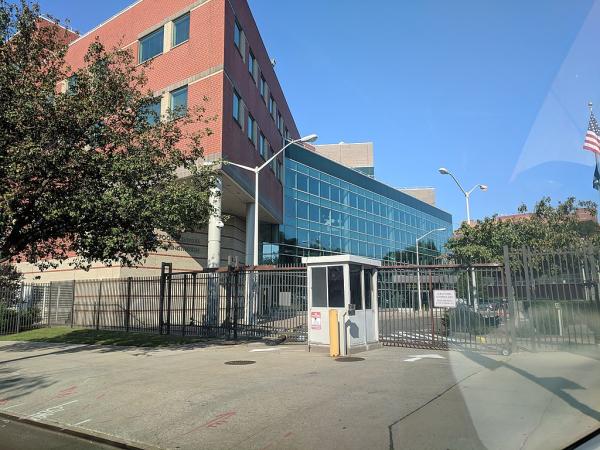I spent 15 years as the FDA’s “biotechnology czar” at a time when many of the biopharmaceutical companies were small startups needing guidance as they negotiated the regulatory maze. However, the agency’s recent involvement with biotechnology company Biogen, the manufacturer of the Alzheimer's drug Aduhelm, went far beyond “guidance” and was highly unusual in many ways.
At the FDA’s urging, the drug was resurrected three months after the company had canceled clinical trials because the drug appeared not to work. Subsequent developments over the next year were marked by countless meetings, calls, and email exchanges between the company and the FDA, according to an exhaustive investigation by the House of Representatives Oversight and Reform and Energy and Commerce committees. It found that regulators assumed a major role in rebooting the company’s narrative and the effort to get the drug approved, even though there were substantial reservations about the effectiveness of the drug among several factions within the FDA, especially its statisticians, and even within Biogen.
Significantly, there was also strong opposition to the approval from the FDA’s external advisory committee. One critical concern was whether the endpoint of the clinical trials was meaningful. The justification for accelerated approval was that in Alzheimer’s patients, Aduhelm targets and reduces the levels of a protein, amyloid, that forms plaques — abnormal clumps of protein that collect within the brain. But no conclusive data showed that a reduction of amyloid slowed cognitive decline, the ultimate goal of any treatment. If the drug doesn’t actually improve the dreaded symptoms of the disease, what good is it?
See my full article about this strange, unresolved situation in the Washington Examiner.




